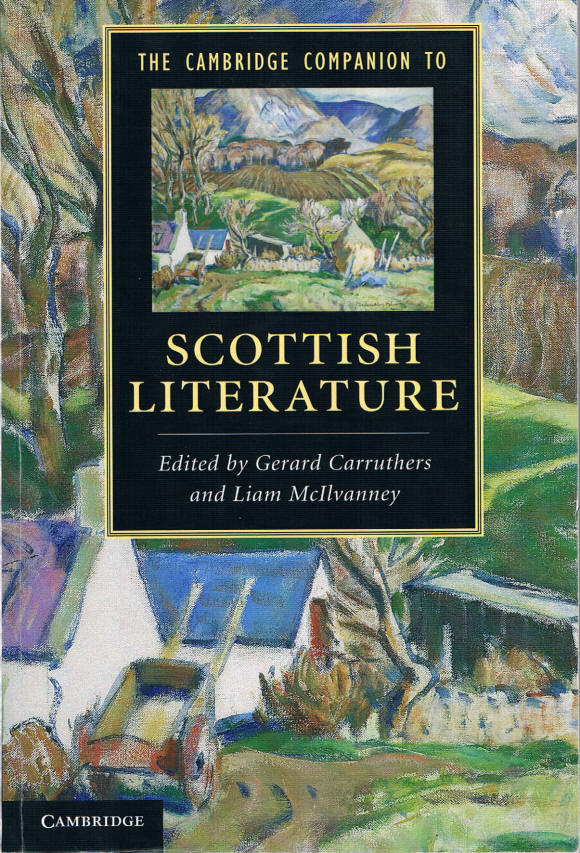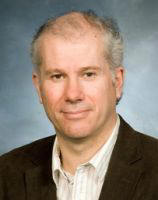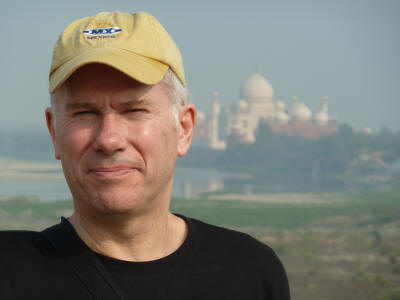|
Edited
by Frank R. Shaw, FSA Scot, Dawsonville, GA, USA
Email:
jurascot@earthlink.net
THE CAMBRIDGE COMPANION TO
SCOTTISH LITERATURE
Edited by Gerard Carruthers and Liam McIlvanney

What makes one go back for
another look at a book that was reviewed almost a year ago in this same
space? Call it a thought that kept floating gently through my mind. There is
no getting around the fact that this is an extraordinary book filled with
Scottish wonder and intrigue. It carries the reader in only one direction -
onward and upward, higher and higher. It is more than just an enjoyable and
comprehensible book, it tugs at one’s heart as well as one’s intellect to
unite the two and be at peace with a most unique country - Scotland. It is a
book about a nation and her people that has been explained by many but
understood by few. This book is about the love and intelligence of her
populace for a small piece of exceptional land no bigger than metro Atlanta
but with a heart as big Scotland itself. It reveals an appreciation for the
love shared then and now for their land and people. It is the story of a
small county’s literary efforts which has lasted for centuries. The book
reminds me of finding a wonderful beach to share as a family but when it
comes time to go, no one wants to leave. Yes, you will lay this book down
but you will return to it time and time again.
The two editors of the book are Gerard Carruthers, Francis Hutcheson
Professor of Scottish Literature at the University of Glasgow, and Liam
McIIvanney, Stuart Professor of Scottish Studies at the University of Otago,
New Zealand. They support a cast of 19 all-star writers and, yes, you get
your money’s worth when you buy this book! I commend both men for an
excellent job in molding the book into one of the better ones of this decade
(and we are not even half way though it!)
Before some of you start emailing me with reminders that this is a website
on Robert Burns, let me hasten to say that there are over a hundred
references on Burns in this remarkable publication, some that many of you
may not have seen before. There is a chapter with a 15-page essay on Burns
by a most remarkable man, Nigel Leask, Regius Professor of English Language
and Literature at the University of Glasgow. Nigel is a Fellow of the
British Academy which is one of the highest accolades one can possibly
achieve. And so it is that we will spend the remainder of our space devoted
to parts of the chapter written by Professor Leask on Scotland’s bard.
Robert Burns
Chapter 5

Nigel Leask
Photo courtesy of Anton Muscatelli, Principal and Vice-Chancellor of
University of Glasgow.
Is Burns the most original
British poet to write between Alexander Pope and William Blake? Did Burns
craft the first modern vernacular style in British poetry? Was Burns a vital
influence on the British Romantics like William Wordsworth? Oh, brother,
keep reading! Naturally Burns is celebrated in Scotland and around the world
(just ask Burns globetrotter Clark McGinn) yet he has been marginalized by
English departments globally because he is considered incomprehensible
except to his native Scots. Burns has been painted with the “Country
Libertine” brush since the days of Elizabeth Paton, Jean Armour, and
highland lassie Mary Campbell.
Adding to this description of Burns was his vernacular verse circulated in
manuscript form in the early days spent at Tarbolton and Mauchline. His
masonry days placed him on equal footing with middle and upper classes and
opened doors for him in Edinburgh. His Commonplace Book shows he was
searching for a larger readership outside his hometowns.
Poems Chiefly in the Scottish Dialect appeared in the summer of 1786 at a
cost of three shillings for the 240-page octavo volume. All 612 copies of
the book were quickly snapped up by both the well-to-do and the poor,
including field workers who gave up food to buy “their” book. There was no
way this poet would belong to only the privileged. Only 13 copies of the
book remained unsold after the first month (July 31 - August 31, 1786). And
so it goes with Burns on a trip through life similar to the ups and downs of
a yoyo. It will be up to you, dear reader, to complete this chapter.
Suffice it to say Nigel Leask can tell an old story with new twists. He can
fill in the troubled parts of the life of Burns with new insight. He can
smooth out the many bumps in the road of Burns’ life. He offers a standard
on Scotland, her people and her poet we would do well to give consideration.
And his first footnote says it all for me: “For a development of many of the
arguments of this chapter, see my Robert Burns and Pastoral: Poetry and
Improvement in Late Eighteenth-Century Scotland (Oxford University Press,
2010).”

Leask visiting the Taj Mahal "in the footsteps of the sons of Burns" while
a visiting fellow at the University of Delhi in March where he lectured on
Burns twice
Our thanks to Gerry and Liam
for an excellent book! (FRS: 6.4.14) |
